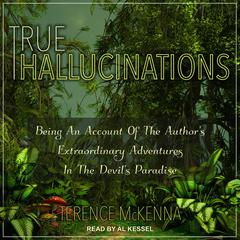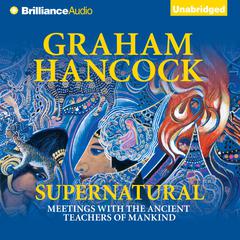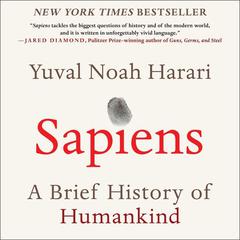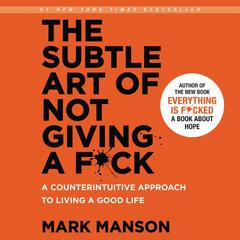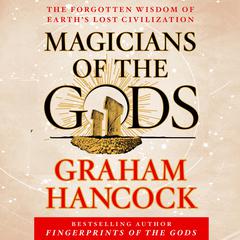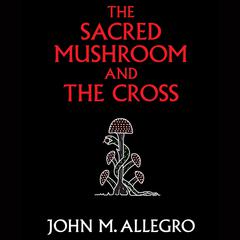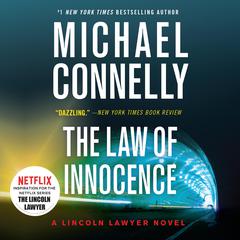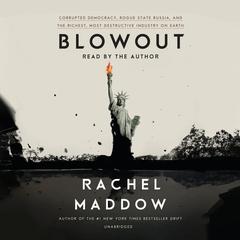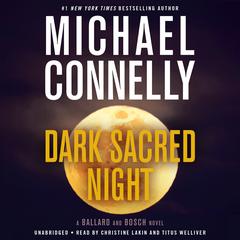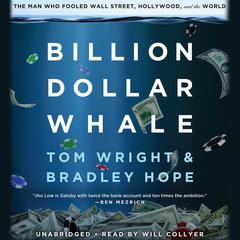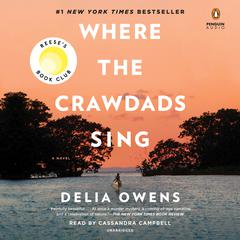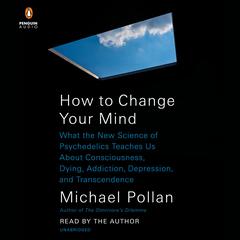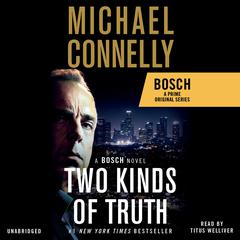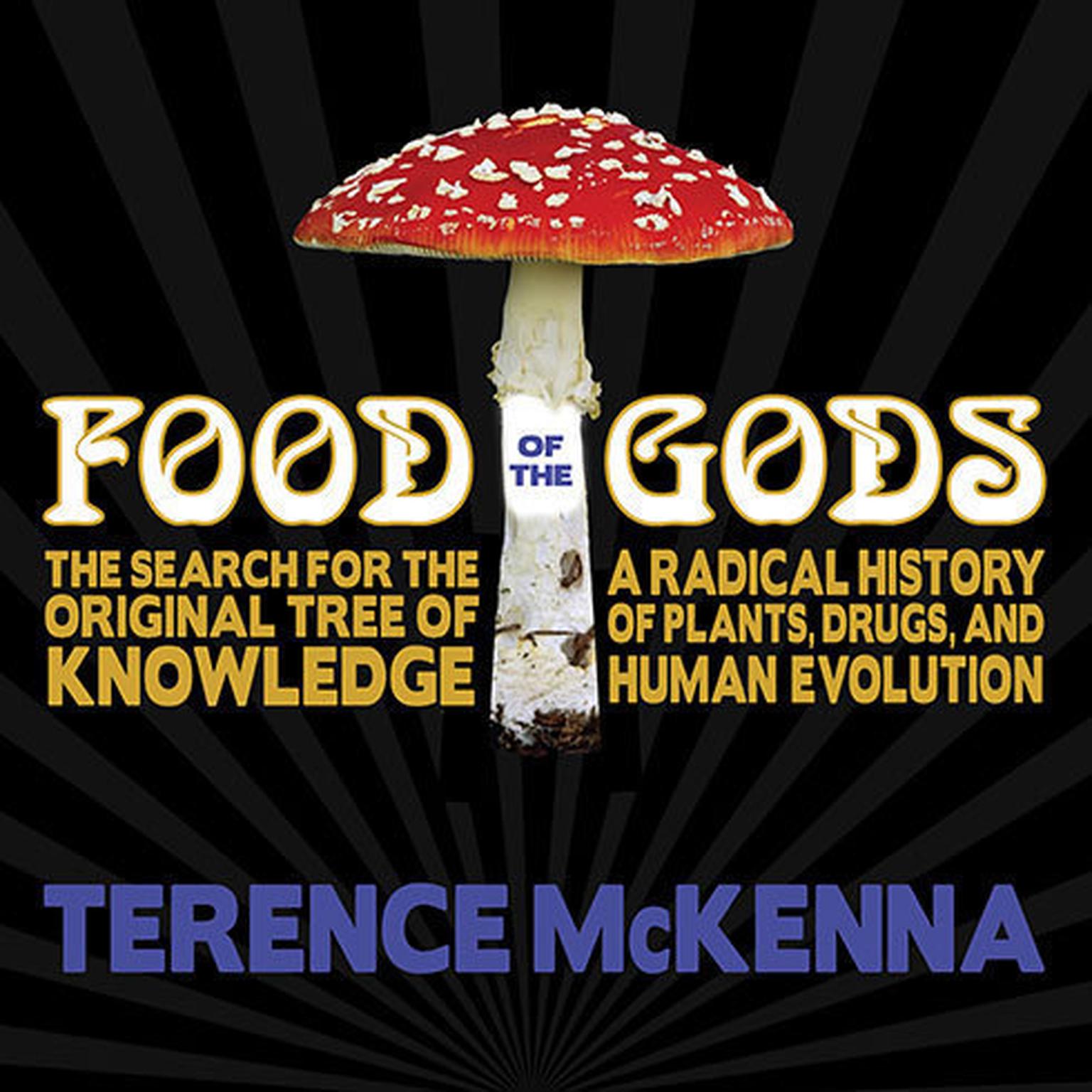 Play Audiobook Sample
Play Audiobook Sample
Food of the Gods: The Search for the Original Tree of Knowledge: A Radical History of Plants, Drugs, and Human Evolution Audiobook
 Play Audiobook Sample
Play Audiobook Sample
Quick Stats About this Audiobook
Total Audiobook Chapters:
Longest Chapter Length:
Shortest Chapter Length:
Average Chapter Length:
Audiobooks by this Author:
Publisher Description
Terence McKenna hypothesizes that as the North African jungles receded, giving way to savannas and grasslands near the end of the most recent ice age, a branch of our arboreal primate ancestors left the forest canopy and began living in the open areas beyond. There they experimented with new varieties of foods as they adapted, physically and mentally, to the environment. Among the new foods found in this environment were psilocybin-containing mushrooms growing near dung of ungulate herds occupying the savannas and grasslands.
Referencing the research of Roland L. Fisher, McKenna claims the enhancement of visual acuity was an effect of psilocybin at low doses and suggests this would confer adaptive advantage. He argues that the effects of slightly larger doses, including sexual arousal, and in larger doses, ecstatic hallucinations & glossolalia—gave selective evolutionary advantages to members of those tribes who partook of it. There were many changes caused by the introduction of this psychoactive to primate diets. He hypothesizes, for instance, that synesthesia (the blurring of sensory boundaries) caused by psilocybin led to the development of spoken language: the ability to form pictures in another person's mind through the use of vocal sounds. About 12,000 years ago, further climate changes removed psilocybin-containing mushrooms from human diets. He argues that this event resulted in a new set of profound changes in our species as we reverted to the previous brutal primate social structures that had been modified and/or repressed by frequent consumption of psilocybin.
Download and start listening now!
"I'm not a good book reviewer, this is my first one. But I can tell you that when I read it, this book taught me that stimulants can be found in more than just beer and cigarettes like chocolade, sugar and caffeine. It also started me thinking how television is a stimulant in itself. Whether this book is well written I can't say since my mothertongue is not english yet I mostly read english writings."
— Ulrik (4 out of 5 stars)
Quotes
-
Deserves to be a modern classic on mind-altering drugs and hallucinogens.
— The Washington Post -
“Deserves to be a modern classic on mind-altering drugs and hallucinogens.”
— Washington Post -
“Kafer’s matter-of-fact voice nudges listeners to consider the possibilities that McKenna is offering. Kafer keeps to a consistent narrative rhythm and does well with emphasis, tone, and pace.”
— AudioFile
Food of the Gods Listener Reviews
- — 7/27/2022
-
" Most definitely the best audiobook ive consumed. Terence McKenna brilliantly drops knowledge nuggets all the way through. Only grip is the narrator's robotic style. Loved it anyways. "
— Davo, 10/5/2016 -
" Fascinating. Mushrooms and the lack of boundary breaker in our "diet" is hole to be filled by the addictions and vices of our day... perhaps a missing link in our evolution. "
— Josh, 2/11/2014 -
" Hard to read, hard to stay motivated. Some interesting facts. "
— Kelsey, 1/27/2014 -
" Great book! Terence McKenna's classic. Thinking and scholarship outside the box. "
— Hunter, 1/20/2014 -
" a great study into the history and social/moral quandaries behind "drugs". mckenna at another great writing point here. "
— Mark, 1/14/2014 -
" I read it first 7 years ago, and i thought it was pretty good at the time, but decided to read it again, after some years and a road of personal experiences... almost 20 years after Terence have written it, is still an amazing journey, actual and necessary for a global planetary understanding of mankind. "
— Julie, 1/12/2014 -
" Holy Mother Earth! Everybody who's anybody should read this book!! "
— Derek, 1/5/2014 -
" Humans evolved from magic mushroom eating monkeys. Sold. "
— Rachel, 1/5/2014 -
" Wonder-inducing prose. Going to buy my own copy and write notes all over it. McKenna pointed out a number of other authors and texts worth checking out as well. Going to get my read on! "
— Danielle, 11/24/2013 -
" What started off as a drunken purchase ended up being a really interesting take on history of human and plant/drug interaction. "
— Frankie, 11/7/2013 -
" I rocketed through this book, brilliant read, despite the fact that half of it is a load of unscientific groundless tosh. Still,learned alot along the way. Excellent to read in a cramped archaic bus in the middle of the jungle. "
— James, 8/9/2013 -
" There's some interesting information in here, but you have to dig through a lot of rhetoric, faulty assumptions, and shaky conclusions to find it. McKenna clearly has an agenda, which really gets in the way of enjoying the book - whether you agree with him or not. "
— Stephanie, 6/18/2013 -
" Brilliant alternative history of our relationship to drugs. "
— zeb, 5/16/2013 -
" Interesting book with a point of view seldom expressed by modern society.. Worth a read.. "
— Gaurava, 4/2/2013 -
" This book was loaded with information that was beyond anything that I had ever considered to research. I started reading it July 4 same year!!! "
— Rev., 1/30/2013 -
" This book is great-much more than a treatise on "shrooms" and dope. Have you ever thought about the mind altering power of purified sugar, the politics of coffee, and the parallels between these and what we consider to be more dangerous drugs like cocaine? "
— Hooper, 1/6/2013 -
" I wish the idea that psilocybin was responsible for human evolution had a little more scientific backing. "
— Johannes, 12/11/2012 -
" Ah, the days where Mckenna didn't suffer from delusions yet. This book is fantastically researched and offers a fantastically plausible theory for the origin of language, religion and culture. "
— Filip, 11/7/2012
About Terence McKenna
Terence McKenna (1946–2000), a philosopher, psychonaut, researcher, teacher, and lecturer, authored or coauthored several books, including The Invisible Landscape, The Archaic Revival, True Hallucinations, and Sacred Mushroom Seeker.
About Jeffrey Kafer
Jeffrey Kafer is an avid performer on the stage and in voice-overs. He has narrated over one hundred books spanning all genres, and he won the 2008 Voicey Award for Best New Voice.




